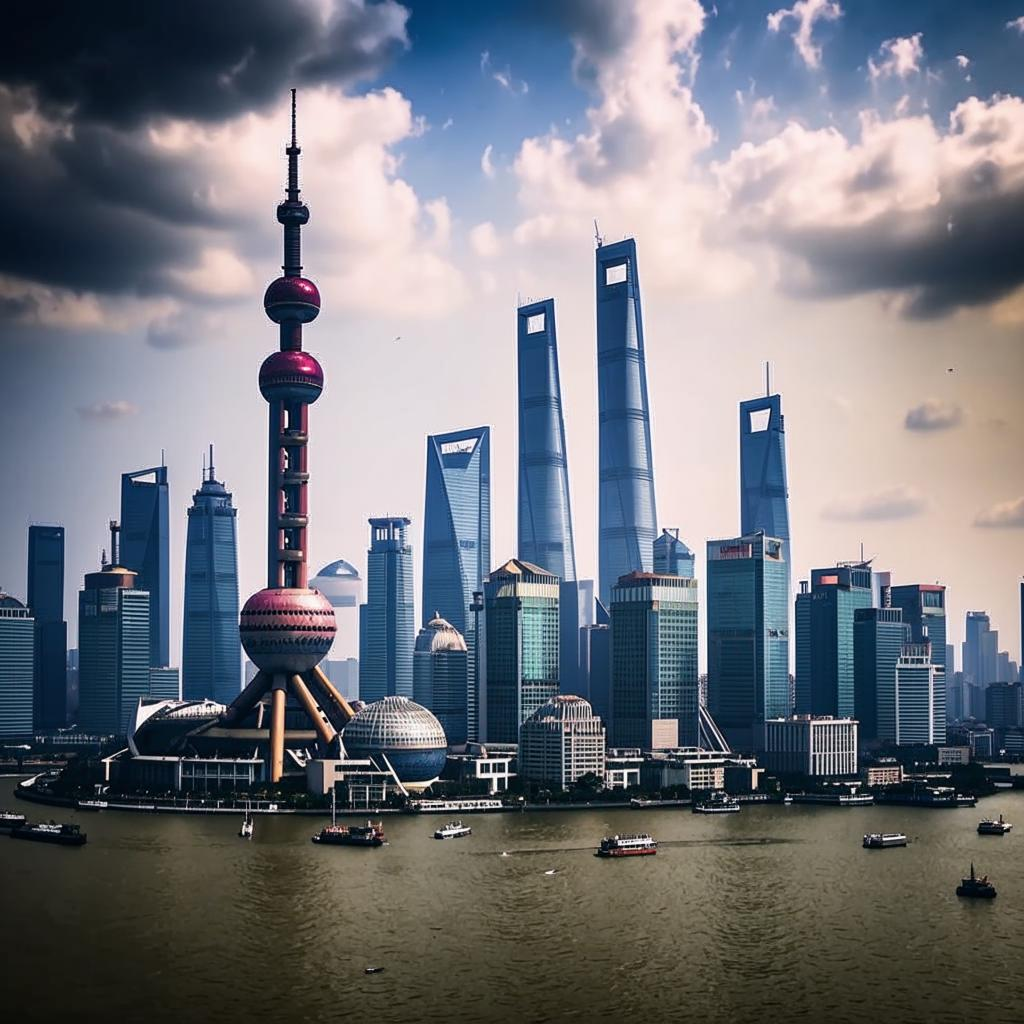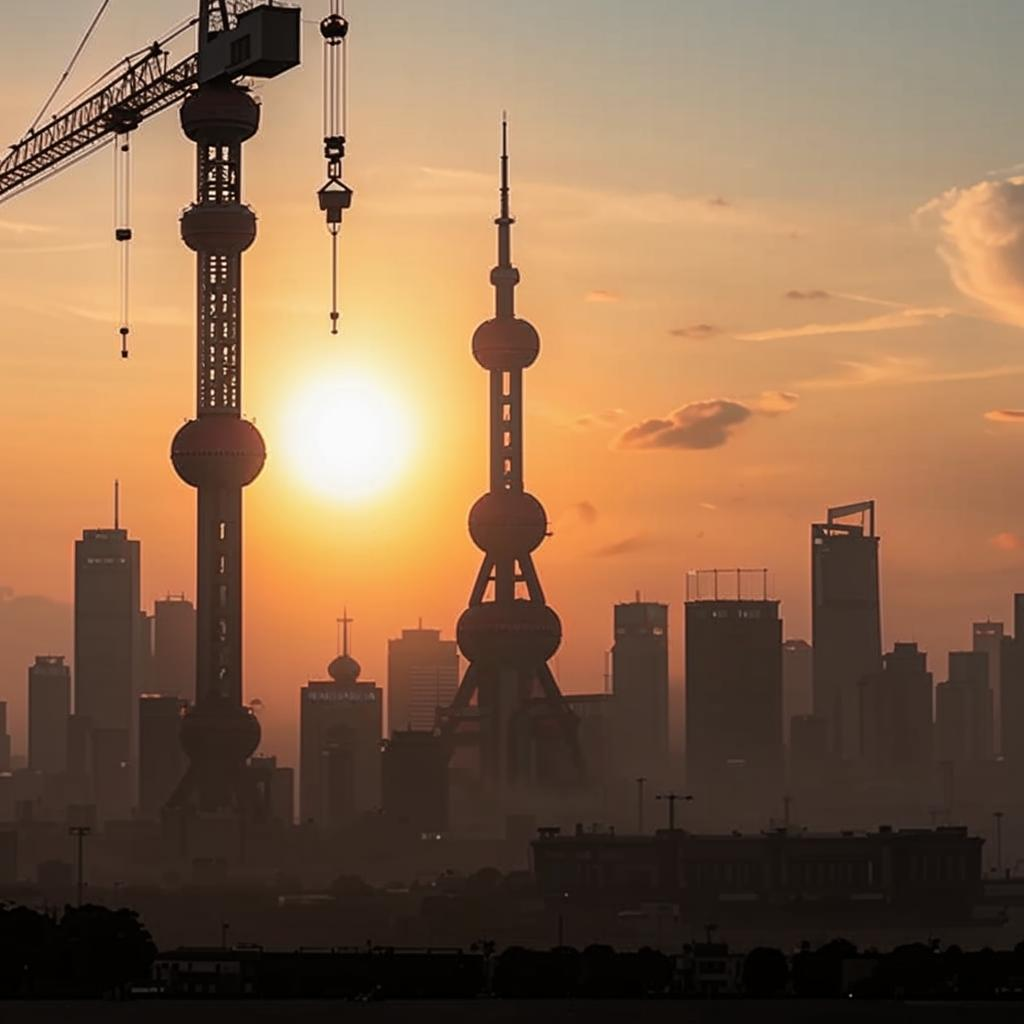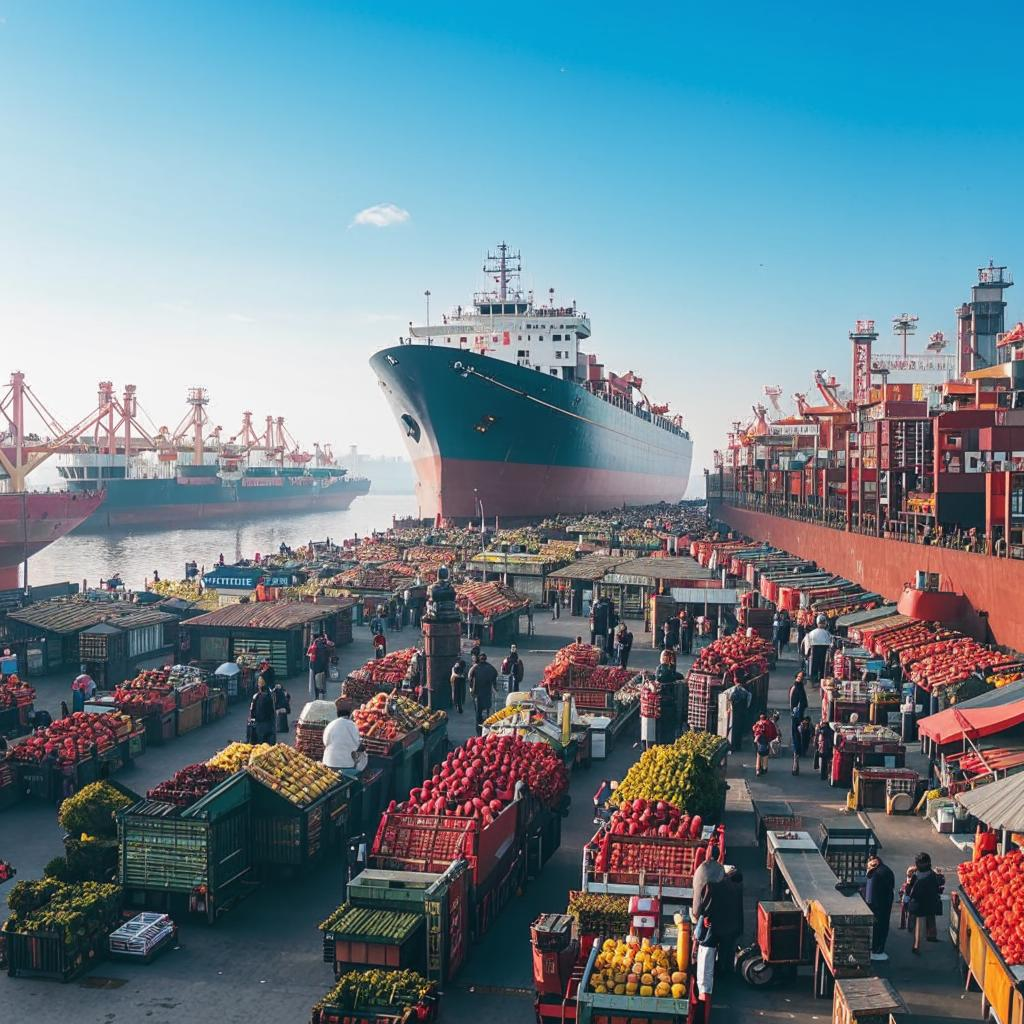Escalating tensions between the United States and China are raising alarms about a potential “monumental split” with severe consequences for the global economy. What began as a trade dispute has morphed into a broader confrontation encompassing technology, geopolitics, and ideology.
The impact is wide-ranging. Increased tariffs, export restrictions, and investment barriers are disrupting global supply chains, forcing businesses to re-evaluate their operations and seek alternative markets. This decoupling could lead to higher costs for consumers, reduced competitiveness, and slower economic growth. The technology sector is particularly vulnerable, as both countries seek to control critical technologies like artificial intelligence, 5G, and semiconductors.
Geopolitical tensions are also on the rise, with disagreements over issues such as Taiwan, the South China Sea, and human rights fueling mistrust and increasing the risk of military conflict.
Economists and international organizations are warning about the potential for a “new Cold War” scenario, where the world is divided into competing blocs, hindering cooperation on global challenges such as climate change, pandemics, and poverty reduction. Businesses are facing difficult choices, forced to navigate complex regulatory environments and manage political risks. The future of the global economy hinges on the ability of the US and China to find a way to coexist peacefully and address their differences through dialogue and cooperation.















